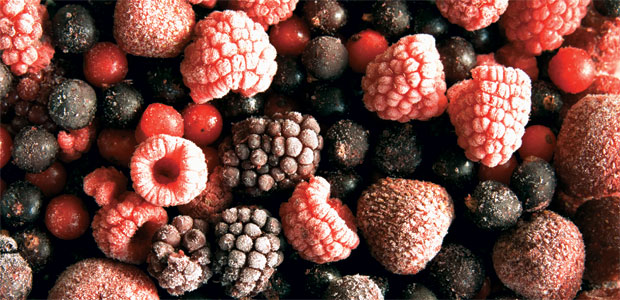Advertisement
Organic Supplements
Pesticide-free & totally natural

Though we know that we should get as many of our vitamins and minerals as possible from the whole foods we eat, supplementing is sometimes necessary for good health.
Certified organic dietary supplements provide nutrients in their most natural form, which means they are the most biologically active and beneficial they can be. As an environmental bonus, the whole food sources from which they are derived are grown using pesticide-free farming methods that reduce pollution and conserve water and soil.
The reason organic supplements are more biologically active than synthetically produced supplements is that minimal processing happens to the fruits, berries, vegetables, and herbs from which organic supplements are isolated. Freeze-drying or other low-temperature drying techniques retain the full spectrum of nutrients available in the whole food–from the highly reactive phenols found in green tea to the beta carotene and lutein found in leafy greens.
Natural is Better But Whole Foods are Best
“One of the problems when formulating a food supplement using synthetic vitamins is that it is impossible to replicate the nutritional complexity of food,” says Nancy Smithers, founder of Naturally Nova Scotia Health Products Ltd., a leading proponent of organic supplements.
Yet it is the nutrient complexity of organic supplements that really is their underlying value. When we make supplements from whole foods, rather than a synthetic reproduction of the nutrients they contain, we achieve greater nutrient complexity and greater health benefits.
It is increasingly becoming clear that food grown organically has a higher nutrient content than food grown using conventional farming methods. In fact, early results from a four-year European Union study on the benefits of organic food suggest that organic fruit and vegetables may have up to 40 percent more antioxidants than non-organically grown produce.
What Types of Products?
The most common categories of organic supplements include green food concentrates and antioxidants derived from nutrient-rich foods such as cranberries, blueberries, acerola cherries, and other fruits. The number of conventional supplements available is vast but if you are looking for a wholly natural, nutrient-dense product that is free of chemical residues, then you may want to explore the option of organic dietary supplements.
Freeze-Drying is Key
Freeze-drying concentrates nutrient-rich whole organic foods on a large scale, allowing the nutrients derived to be easily used in supplement formulas in the same way a manufacturer would use a synthetically derived vitamin product.




